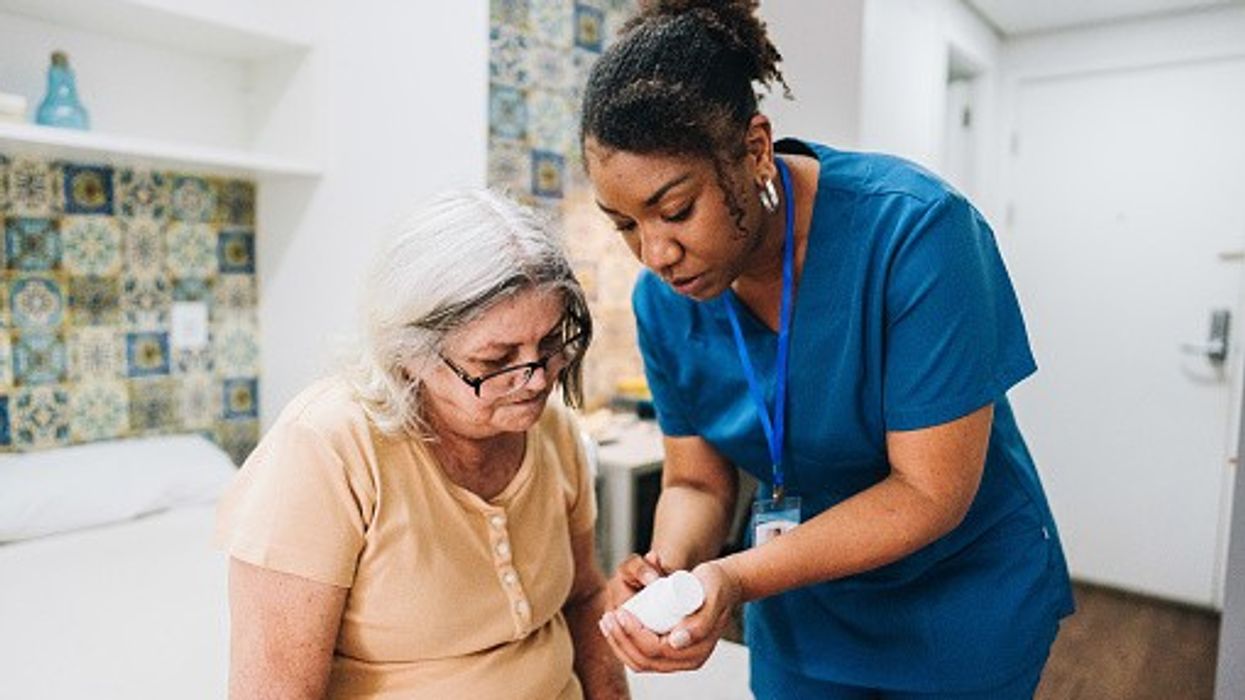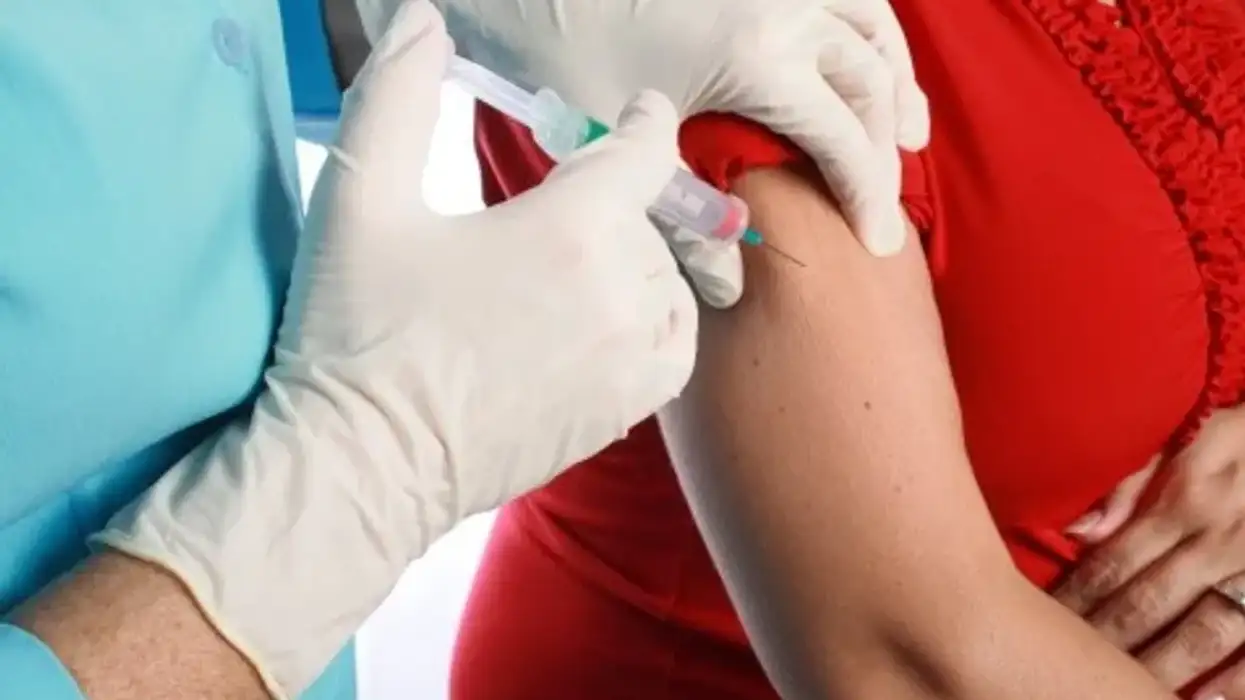The General Pharmaceutical Council (GPhC) has called for industry-wide collaboration to improve homecare medicines services to ensure patients always receive their medicines when needed.
The call follows a recent review by the regulator, which identified several challenges facing homecare services, many of which were beyond the immediate control of the pharmacies providing them.
Despite these challenges, the GPhC found that all 20 registered pharmacies delivering homecare medicines services met its standards, offering assurances that such services were being delivered safely and effectively.
“Homecare medicines services are complex and involve various healthcare services and professionals working together to provide a package of care for a patient,” said Roz Gittins, Chief Pharmacy Officer at GPhC.
“Our findings highlight the systems pharmacies have developed to reduce the impact of these challenges, but further work is required to ensure patients always receive their medicines when they need them.
“We recognise this requires more industry-wide collaboration and we encourage all organisations involved with the provision of homecare medicines services to support their teams to embrace new and improved ways of working for the benefit of patients.”
The GPhC carried out its review in response to a House of Lords public inquiry into homecare medicines services, launched in June 2023, which uncovered reports of patients experiencing delays receiving their medication and getting the wrong medicine, with serious impacts on patients’ health, sometimes resulting in people needing hospital care.
In its review report, Evaluating service provision: a themed review of registered pharmacies providing homecare medicines services, the GPhC made several key recommendations, including:
All homecare pharmacies should adopt cross-sector risk management processes with support from the National Homecare Medicines Committee (NHMC) and the National Clinical Homecare Association (NCHA).
Hospitals and pharmacies should record and monitor the registration of new patients, and work together to identify ways to improve new patient registration information.
Hospitals and homecare pharmacies should agree on standardised information to be provided to patients, clearly explaining the different stages of the homecare medicines services.
Homecare pharmacy communication platforms should be reviewed to identify what works well and to address the challenges that prevent patients and hospitals from accessing them.
National health organisations across the UK should move away entirely from paper-based systems to electronic transfer of prescriptions.
The organisations should facilitate access for homecare pharmacy teams to the same health and clinical systems as other aspects of the patient’s care pathway.
The regulator has urged all organisations involved with the provision of homecare medicines services to consider how these recommendations could be implemented across the sector.













